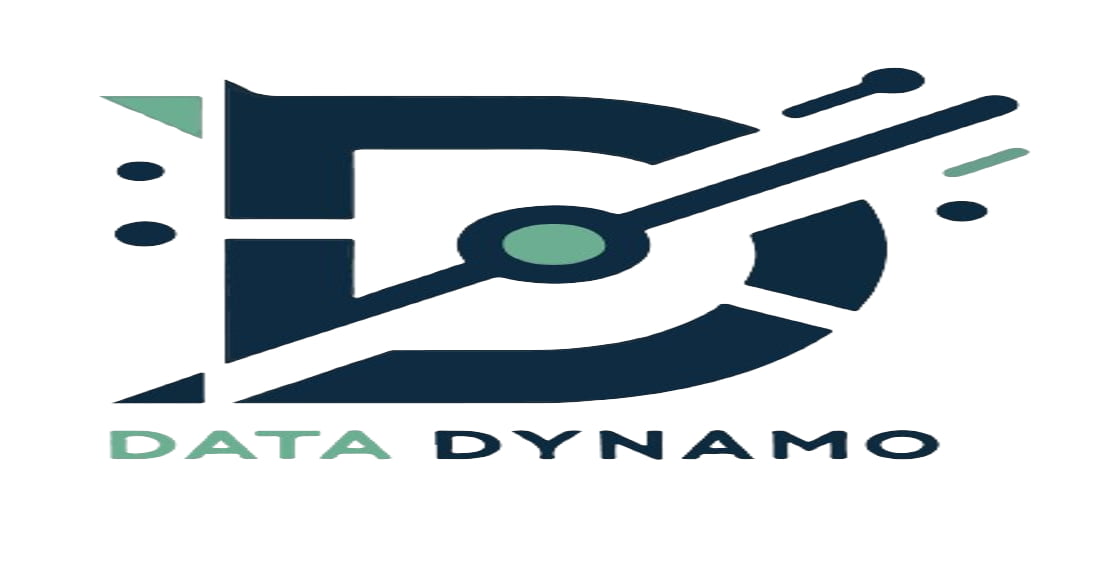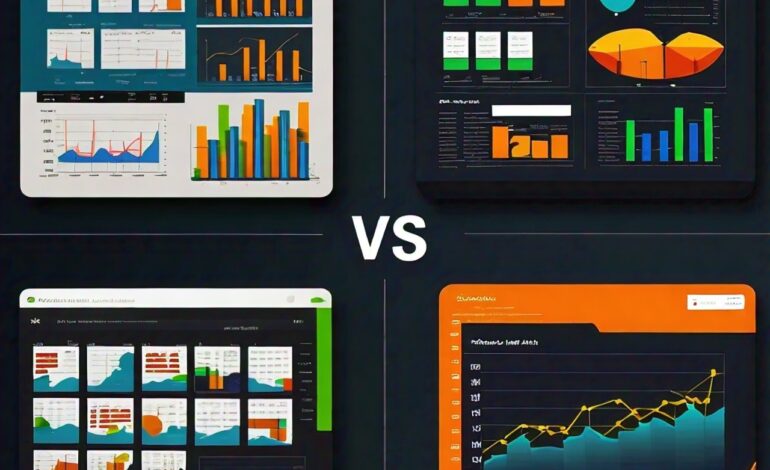
Money Management Tips for Everyone
Table of Contents
Introduction
You can’t steer a ship without a clear direction and the right tools when you’re in charge of money. Money Management is important for getting financial safety and peace of mind, no matter how long you’ve been saving or how new you are to it. This piece gives you useful, simple advice to get your finances under control, make goals you can reach, and secure your future.
Understanding Your Financial Situation

Assessing Income and Expenses
Understanding your current financial situation is the first thing you need to do to start handling your money. Look closely at how much money you make and how much you spend. Make a list of all the ways you make money, such as your main job, any side jobs you have, and any other money you make. Then, make a list of all your costs and divide them into two groups: set (like rent and utilities) and variable (like groceries and fun things to do). You’ll be able to see exactly where your money is going.
Creating a Budget
Once you know how much money you make and how much you spend, it’s time to make a budget. Your budget helps you decide how to spend and save your money by breaking it down into different groups. Set reasonable limits for each area based on how much money you make and how much you spend. Don’t forget that the goal is to keep your spending below your pay.
Tracking Your Spending
Making a budget is only the start. You need to keep an eye on your spending on a daily basis to stay on track. To keep track of your daily spending, keep notes, use budgeting apps, or keep a spreadsheet. You can use this to find places to save money and make sure you stay within your budget.
Setting Money Management Goals

Short-Term Goals
Your short-term cash goals are the ones you want to reach in the next year. Some of these are building an emergency fund, saving for a trip, or paying off a small loan. Short-term goals are important because they give you instant motivation and a sense of success in Money Management.
Long-Term Goals
Setting long-term goals takes more time and planning. For example, you might be saving for a house, your child’s college, or your retirement. Setting long-term goals is important for getting rich and staying financially stable.
SMART Goals Framework
Use the SMART framework to set cash goals for Money Management: clear, measurable, attainable, relevant, and time-bound. This means that your goals should be clear and specific, have results that can be measured, be attainable, be related to your overall financial position, and have a due date. Say something like, “I want to save $5,000 for a down payment on a car within two years,” instead of “I want to save money.”
Building an Emergency Fund

Importance of an Emergency Fund
An emergency fund is a safety net of money that can be used for things like medical problems, car repairs, or losing your job. Having an emergency fund can keep you from going into debt when costs come up out of the blue.
How Much to Save
Experts in Money Management say that you should put away three to six months’ worth of living costs in an emergency fund. This much money is a good safety net for most situations.
Where to Keep Your Emergency Fund
It’s best to keep your emergency fund separate from your normal checking account so you don’t get tempted to use it. And you can achieve your Money Management goals
Managing Debt

Understanding Different Types of Debt
Not every loan is the same. Some debts, like mortgages or school loans, are good because they can help you get rich over time. Other debts, like credit card debt with high interest rates, can get in the way of your financial progress. Understanding the difference is important for managing debt well.
Strategies to Pay Off Debt
The snowball method (paying off the smallest debts first) or the avalanche method (paying off the debts with the biggest interest rates first) could help you deal with your debts. Both of these methods can help you get out of debt faster.
Avoiding Common Debt Traps
To stay out of debt traps, don’t take out loans you don’t need, pay more than the minimum on your credit cards, and don’t use credit to pay for a lifestyle you can’t afford. Check your debts often and try to pay them off in full whenever you can.
Saving for the Future

Importance of Saving Early
Because interest builds on itself over time, the earlier you start saving, the longer your money has to grow. If you start saving early, you can get a lot more over time.
Different Types of Savings Accounts
You can choose from different types of savings accounts, such as normal savings accounts, high-yield savings accounts, and certificates of deposit (CDs). Each has its own pros and cons and is best for different types of savings goals.
Strategies for Consistent Saving
Set up automatic payments from your checking account to your savings account to save money without you having to do anything. Save money like you’re paying a bill every month. This way, you can make sure that you always put money into your savings account without having to think about it.
Investing Wisely

Basics of Investing
To invest, you put your money into things like stocks, bonds, or mutual funds with the goal of making it more valuable over time. Before getting into the world of investments, it’s important to know the basics.
Different Investment Options
Stocks, bonds, mutual funds, and real estate are all common ways to trade. It’s best to spread out your purchases to lower your risk because each one has its own risk and return profile.
Risk Management in Investments
There is always some risk when you invest. Diversify your investments, plan to keep your money for a long time, and don’t put all of your money into high-risk assets. Also, look over your investment plan often and make changes based on your Money Management goals and the state of the market.
Retirement Planning

Why Start Early
You can use compound interest to make your retirement savings grow much faster over time if you start planning for it early. Beginning your savings plan early will help you reach your retirement goals faster.
Types of Retirement Accounts
401(k) plans, IRAs, and Roth IRAs are all common types of savings accounts. It’s important to know what your choices are because each type has different tax benefits and contribution caps.
Tips for Maximizing Retirement Savings
Make the most of your retirement savings by putting enough money into your 401(k) to get the full company match. You can also increase your contributions over time and use catch-up contributions if you’re over 50. Also, look over your retirement plan often to make sure it still fits your Money Management goals.
Improving Your Financial Literacy

Resources for Learning
Learning more about Money Management can help you make better choices with it. There are many tools you can use, such as books, online courses, and business blogs. Start by reading reliable sources and add to what you know over time.
Importance of Continuous Education
It’s important to keep up with new financial trends, tools, and tactics because the world of money is always changing. Getting more education will help you change and make smart choices all through your life when it comes to Money Management.
Joining Financial Communities
Joining online forums or local groups for people who are interested in Money Management can give you support, help, and motivation. Getting together with people who have the same financial goals as you can help you stay motivated and on track.
Using Technology for Money Management

Budgeting Apps
Apps like PocketGuard, Mint, and YNAB (You Need A Budget) can help you keep track of your spending, make budgets, and set financial goals. These tools make planning easier and give you real-time information about Money Management.
Investment Platforms
It’s easy to invest and keep track of your portfolio with online investment platforms like Betterment, Robinhood, and E*TRADE. They give you a lot of different ways to spend your money and tools to help you make smart choices.
Online Financial Tools
Online tools like retirement calculators, loan repayment formulas, and savings goal trackers can help you keep track of your money. These tools can help you stay on track with your financial plans and give you useful information regarding Money Management.
Avoiding Lifestyle Inflation

Understanding Lifestyle Inflation
When your spending goes up as your income goes up, this is called lifestyle inflation. Even if you’re making more money, this can keep you from reaching your Money Management goals.
Tips to Avoid It
Keep a frugal attitude, save and spend money first, and set clear financial goals to avoid lifestyle inflation. Also, it can help to look over your budget often and make changes as needed to make sure your spending fits with your Money Management goals.
Not Spending More Than You Have
To live below your means, you have to save the extra money you don’t spend. You can get rich over time and be financially independent by following this easy but powerful Money Management rule.
Teaching Kids About Money

Lessons on money that are right for your age
Starting to teach kids about money at a young age can help them become good with Money Management in the future. Make sure your lessons are right for their age and level of understanding. Start with simple ideas like spending and saving and work your way up to more complicated ones.
Practical Activities to Teach Kids
Do useful things with your kids, like making a fake budget, setting up a saves jar, or playing educational games. These hands-on activities can make learning about money fun and easy to remember.
Building Good Money Habits Early
You can help your kids develop good Money Management habits by being a good model, rewarding them for making smart choices, and giving them chances to handle their own money. Getting into these habits early on can help them with their money for a long time.
Staying Motivated and Accountable

Tracking Progress
Keeping track of your progress towards your financial goals on a regular basis can help you stay inspired and make the changes you need to make. Keep track of your progress and failures with apps, spreadsheets, or journals.
Finding someone to hold you accountable for your money
Having a friend, family member, or financial advisor hold you accountable with your money can help you stay on track and keep you motivated. Tell them about your plans and how you’re doing. Then, support each other to stay on track.
Marking Important Milestones
No matter how small, celebrating your progress can keep you going on your path to financial freedom. Honour the things you’ve done well and give yourself rewards that won’t get in the way of your growth.
Excel-Based Personal Finance Model: User-friendly Money Management Tool
This personal finance model in Excel is made to keep track of every step of your financial path. It makes Money Management easier by giving you a complete set of tools for all your financial needs.
Key Features:
- Budget vs. Actual Income:
Compare your planned budget to your actual income to find differences and make changes to your financial plans.
- Bills and Savings:
Keep an eye on your bill payments and savings growth to make sure you pay your bills on time and save money efficiently.
- Expenses:
Sort and keep track of all of your spending to get a good idea of how you spend your money.
- Debt Management:
Keep track of all your bills, including the amounts you owe, the interest rates, and when you have to pay them back.
- Dashboard:
An easy-to-use dashboard that shows you a quick picture of your financial health can help you learn a lot.
- Comparison of Yearly and Monthly Financial Flow:
Look at your monthly and yearly financial flow to spot trends and make smart choices.
- Assets and Goals:
Keep track of your assets and set financial goals to stay on track for growth and security in your money.
Why Use This Model?
This model is great for people who want to easily take charge of their finances. It gives you an organized way to make a budget, save money, and keep track of your spending, so you can stay on top of your money. The easy-to-use screen and detailed trackers let you dig deep into your financial data, which makes it easier to find ways to improve and mark important moments.
Get Your Money Management Tool Now!
For as little as $10, you can achieve financial freedom! Get your hands on our user-friendly personal finance model at Data Dynamo and start Money Management like a pro now!”
Conclusion
Money management that works is a process, not a goal. You can get a handle on your money and build a safe future by knowing your current situation, making clear goals, saving for emergencies, paying off debt, and spending wisely. To sum up, the important things are to stay educated, disciplined, and driven. You’ll be shocked at how far you can come if you take small steps every day.
FAQs
If I’ve never made a budget before, how do I start?
To make a budget, you need to keep track of your income and spending for a month, sort them into groups, and then set limits for each group based on your financial goals.
How much should I put away in case Something goes wrong?
Aim to save enough in your emergency fund to cover three to six months’ worth of living costs.
What are some good ways for newbies to start investing?
Index funds, exchange-traded funds (ETFs), and bonds are all good investments for people who are just starting out because they offer a good mix of risk and gain.
How can I teach my kids how to handle their money?
Teaching kids how to handle money can be done through age-appropriate lessons, hands-on tasks like budgeting and saving, and by being a good example yourself with your own money.




